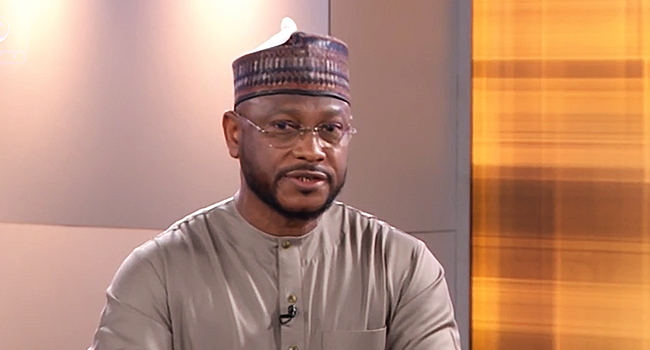A Professor in the Department of Social Science Education, University of Ilorin, Kwara State, Onimisi Abdullah has said male students have a higher tendency to commit examination malpractice than their female counterparts.
Abdullah made the submission in Ilorin in a paper presented at the university’s 266th inaugural lecture.
The paper is titled: “A psychological perspective on the systemic inconsistencies in the Nigerian educational system.’’
The don stated that the research was an attempt to understand students’ psychology and development.
“It is also to determine the relationship between background variables and cheating tendencies among students of Federal Universities in Nigeria,” he said.
According to him, a 50-item multiple test on developmental psychology was administered on 268 final-year students, selected across all programmes.
He explained that the sample students sat for the test and a photocopy of each script was scored and recorded by the researchers.
Abdullah explained further that unmarked original answer scripts were returned to the students and each of them was required to mark his or her scripts.
He said, “Since the original test was answered in pencil, the students had ample opportunity to alter earlier choices, if they wished, as their lecturers dictated correct answers to them. The study found that the majority of students (70.5 percent), manifested cheating behaviour, and more male students had higher tendencies to involve in all forms of cheating than female students.’’
The expert on education stated that cheating was also found to be directly related with the academic ability of the students. He added that the motivation for cheating was higher among low achievers.
Abdullah pointed out that the high rate of cheating by the students was not consistent with their expressed negative attitude to cheating, thereby creating a kind of paradox.
Similarly, Mr Abdullah recommended the evolvement of a more objective means of assessing learning outcomes, rather than written examinations,
He also advocated the need for the government to formulate a more functional educational policy based on African personality, moral values and ethics.
(NAN)
Advertisement






